Leqembi was approved by the Food and Drug Administration (FDA) in January, 2023, and is indicated for the treatment of patients with mild/early Alzheimer’s dementia. Due to promising results, the FDA used an accelerated pathway that allows drugs to be released for use before all clinical studies have been completed. Leqembi is one of two drugs shown in early studies to slow the progression of Alzheimer’s disease. But there is no evidence that Leqembi or any other treatment can restore or reverse lost memories or cognitive function due to Alzheimer’s disease.
Leqembi is a monoclonal antibody that targets the beta amyloid particles that are known to accumulate in the brains of Alzheimer’s patients and that are believed to cause the symptoms of Alzheimer’s disease. The drug has been shown to reduce beta amyloid levels in phase 2 trials. The phase 3 trials that could confirm functional patient benefits are ongoing. Patients who wish to consider using Leqembi should consult their neurologist.
The drug is administered intravenously every 2 weeks. Side effects include infusion-site reactions, headache, cough and diarrhea. More serious are reports that some patients receiving Leqembi have developed cerebral hemorrhages (bleeding within the brain). Due to these reports, patients taking strong anticoagulants including coumadin (warfarin), Xarelto and Eliquis were excluded from studies. Those taking aspirin and Plavix (clopidogrel), weaker anti-platelet drugs, continue to participate in the research trials. Patients will need repeated brain scans to monitor for side effects.
This medication will be expensive. Self-pay patients who qualify may be able to begin Leqembi right away, though the $26,500 annual cost will certainly be a barrier. Medicare and other government and private health plans are awaiting the results of phase 3 trials before making coverage determinations.
Another barrier to the use of Leqembi is that the symptoms of early Alzheimer’s disease—difficulty remembering newly-learned information, changes in mood, mild memory loss and poor judgement—are very similar to those of other neurological conditions and can also be due to the use of some medications whose side effects can mimic dementia. Thus, diagnosing which patients are eligible for Leqembi may be tricky.
Leqembi holds promise for those patients who meet the criteria for use and who can afford it and/or obtain insurance coverage. But it will take time to learn whether this drug is a game changer or a stepping stone towards more effective treatments to come.
Click here for more information about Alzheimer’s disease.
Phases of clinical trials
Phase 1 trials involve up to one hundred healthy participants and address these questions: Is the drug safe? What are the side effects? How is the drug metabolized (broken down, absorbed, used and excreted from the body)?
Phase 2 trials involve several hundred participants and address these questions: Is the drug safe? Is it effective? How do the effects of the drug compare with a placebo (an inactive substance that looks like the drug being tested)?
Phase 3 trials involve several thousand participants and address these questions: Is the drug safe? Is it effective? What are the dosages? Are there any interactions with other drugs?

